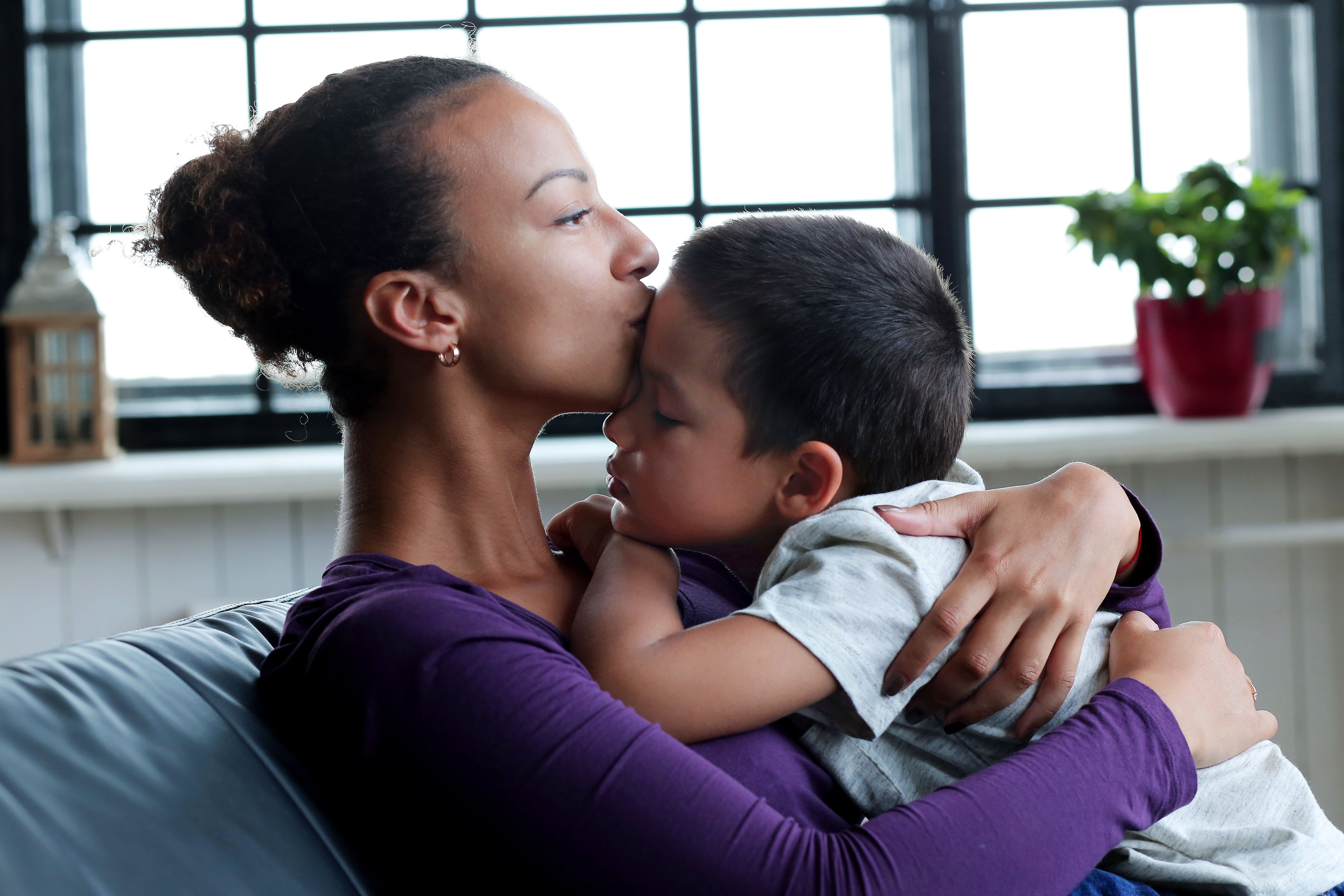Following a diagnosis of a child's chronic condition, it is normal to feel a range of emotions such as guilt, sadness, anger or relief. These emotions might be directed at yourself, your partner, your child, the healthcare team or the world in general.
Avoid the tendency to ignore your emotions and reactions to your child’s condition. Instead, take care of yourself and use some positive coping methods such as:
- going for a walk or doing other exercise
- getting enough sleep
- eating a balanced diet
- continuing with enjoyable activities and hobbies
- staying connected to friends and family.
This approach helps you not only manage your stress levels but also better care for your child. In fact, research has shown that parents who improve their own stress levels have a positive impact on their child’s health.
Your child’s healthcare team can help recommend coping strategies to help both you and your child. This might include meeting others with the same diagnosis as your child or joining a community specific to the chronic condition. These social supports can:
- help you adapt to raising a child with a chronic condition
- offer realistic tips and tricks to manage your time and appointments and manage your child’s symptoms or any medication side effects.
However, it is always important to talk to your child’s healthcare team before changing anything in your child’s healthcare routine.
Setting a positive example for your child or teen
As a parent, you are a role model for positive coping, asking for help when you need it and advocating for your child’s or teen’s needs in the healthcare system. Your child will learn how to manage their chronic condition by watching how you cope with it.
Sometimes you might need to explain why and how a chosen activity is a coping strategy. Tell your child, for instance, if you are going for a walk or run to help with stress or talking about your emotions with close friends to help ease your concerns. When your child sees you making healthy choices and coping well, they are more likely to do the same themselves.
Warning signs to seek support for yourself
Sometimes, despite your best efforts, you may find it difficult to cope with the reality of a child’s chronic condition. You might need to seek specific support for yourself if you:
- find it hard to understand or remember what healthcare providers are telling you
- cannot fall asleep or stay asleep during the night
- almost always have a feeling of being on edge
- feel resentful towards your child
- find it difficult to enjoy activities that you used to enjoy.
In these cases, it can be helpful to speak to a trusted friend or professional for support.


